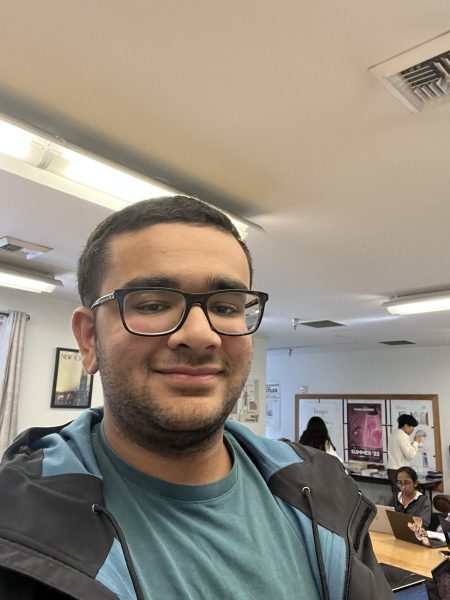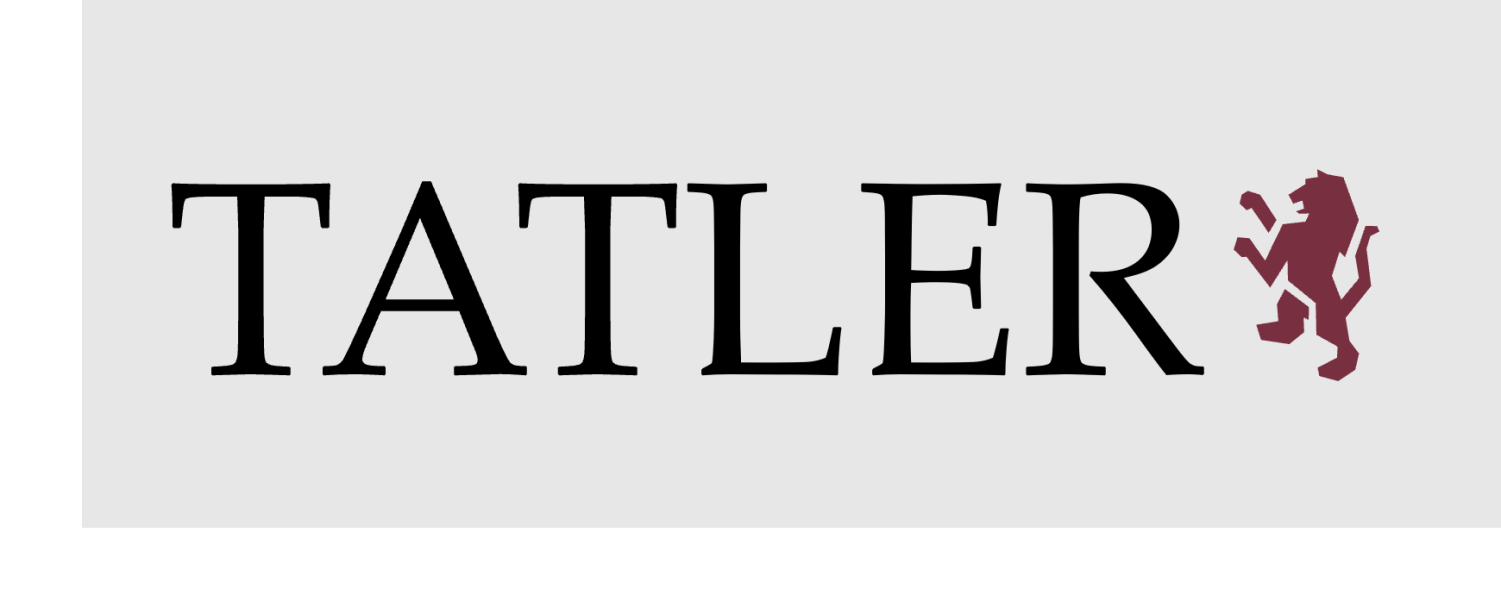If you ask any adult — or most people our age — what the greatest problem with our generation is, they’re likely to reply almost immediately with “social media.” Indeed, data has shown that in recent years, major indicators of youth mental health have been declining faster than ever. But as we come upon the 20th anniversary of the founding of one of the first major social media platforms, Facebook, we must recognize that social media is not the scapegoat everyone portrays it as.
Now I’ll freely admit I’m one of the last people who should be “defender of the faith” in social media — I’ve made a grand total of one post in my lifetime and lack an account on most platforms. Regardless, I do believe the current state of social media is not nearly what it used to be seen as — when descriptions of it were the most dystopian, and newspapers bled ink over Russia’s alleged use of Facebook to meddle in the 2016 election or military juntas utilizing it in order to suppress their own people.
Social media, by its very nature, is something that gives power to those who do not have it. The powerful — presidents, mayors or heads of school — already have means of getting their message across, be it through press releases or school-wide emails. Ordinary people like you and me do not have such luxuries (ignoring “Tatler”…). Instead, we must make our case on the most accessible app available: Not only does an Instagram post require less capital than an article on the New York Times website, but it also spreads more quickly.
Of course, some might argue that this also applies to extreme viewpoints — and this is something I categorically cannot deny. People who might have once been passed over by the op-ed editors sitting in Manhattan can now spread their vitriol through attention-grabbing algorithms that couldn’t care less about the actual content. Indeed, several researchers have claimed to have provided proof of algorithmic radicalization — a process whereby, in order to retain a user’s attention, the (nowadays AI-based) algorithms of major companies like TikTok push them further and further to one corner of their platform.
And yet even this seems to be coming to an end. In 2019, YouTube rewrote its recommendation algorithm to little fanfare — and the data is in: It worked. Only one in 50,000 views on “extremist” channels were thanks to YouTube’s algorithm (according to data from 2020). Several other companies have made similar changes since the Covid-19 pandemic altered the world to the pervasive nature of disinformation.
Extremism aside, I’m sure the detractors will come up with yet another argument against social media; one of their favorites appears to be that it’s “making Gen Z the least empathetic generation in a century” — or on the flip side, “it’s making Gen Z soft.” I’m going to communicate with the posers of these arguments in terms they should understand: That’s hooey! Not only does social media allow us to see things from more perspectives than one ever could’ve in the previous millennium, but — on a local level — it appears to have helped us greatly.
Social media has allowed many in our mid-sized community [Lakeside] to keep contact with others who we might not meet every day.
Take Lakeside, for example. I’m sure personal and political arguments abound in private messages, but in two and a half years, I’ve yet to see actions of pure villainy in public. Social media has allowed many in our mid-sized community to keep contact with others whom we might not meet every day. As a result, we are more easily able to interact and sympathize with each other. Indeed, as Dr. Kimura noted one day in my American Studies class, “the biggest difference between the Lakeside of 20 years ago and today are the students. I’m amazed by the compassion, kindness, and understanding they have for each other. It truly does feel like a community where people belong.”
That’s not to say the picture is rosy: Social media companies have still been accused of using users’ data improperly, employing content moderators at outrageously low wages and shady business practices. But one thing is clear: The Wild West of the internet is over. No longer are we stumbling around in the dark, unable to form any cohesive strategy to mitigate harm — instead, we’ve found the light switch and are ready to legislate.
The Wild West of the internet is over.
There is one downside to all of this good news, though: We’ve lost our fall guy. Social media has been relentlessly blamed for much of society’s and our generation’s ills since the mid-2010s — it was supposedly the cause of increased extremism, right-wing conspiracy theories, and the worsening teenage mental health crises. Now the guardrails are on, but cars are still skidding across the meridian.



